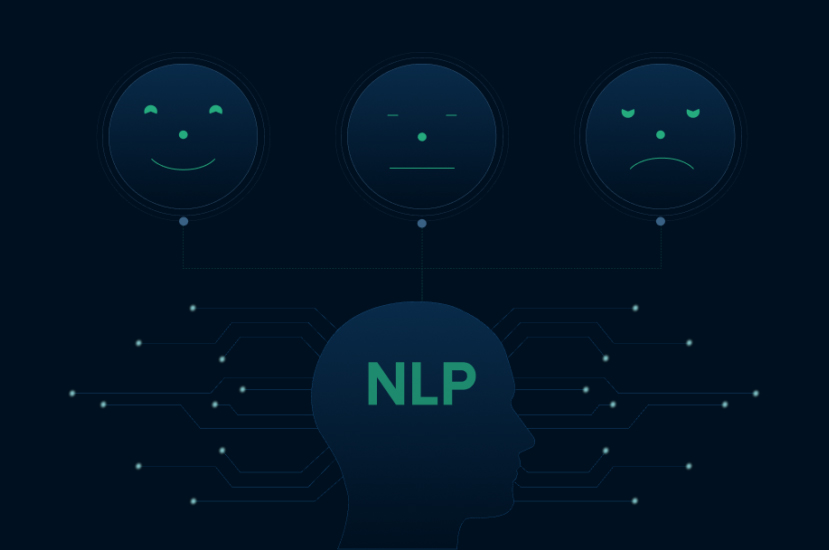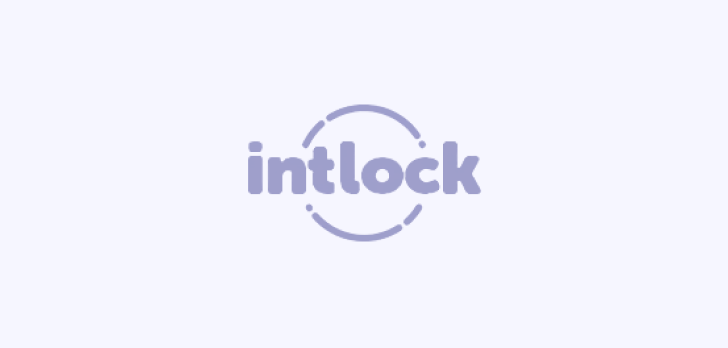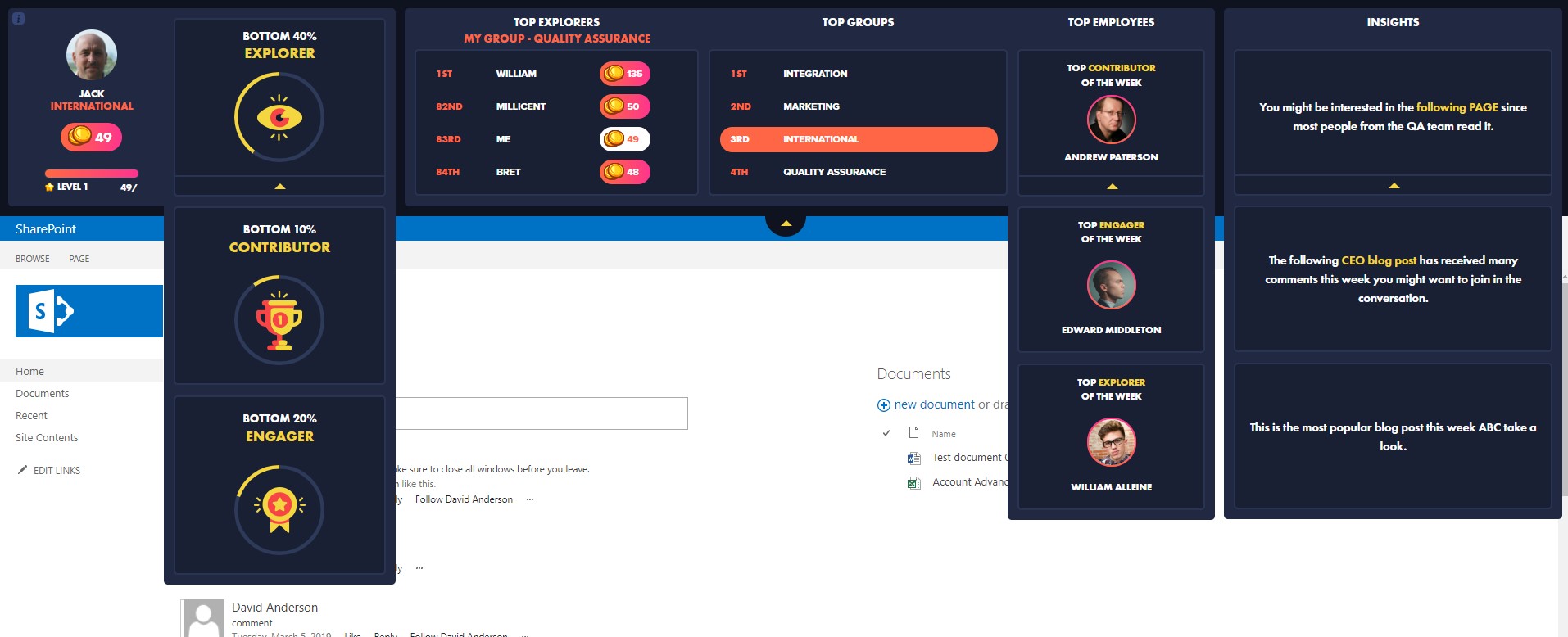Why Organizations Need NLP Analytics for Microsoft 365?
In today’s digital age, data is the new gold. With the exponential increase in the amount of data generated, the ability to extract valuable insights from this data has become imperative. This is especially true for organizations utilizing platforms like Microsoft 365, which is packed with tools that generate a plethora of user and system data. Natural Language Processing (NLP), a field of Artificial Intelligence (AI) that focuses on the interaction between computers and human languages, comes into play here. In this blog, we’ll explore the reasons why an organization would need NLP analytics for Microsoft 365.
1. Enhancing User Experience:
With applications like Outlook, Teams, and OneNote, employees communicate and note down information in natural language. NLP can analyze this vast data, understand user behavior, and offer suggestions or automation to improve their experience. Whether it’s auto-scheduling meetings in Teams or suggesting email templates in Outlook based on previous communications, NLP can streamline operations and enhance user satisfaction.
2. Efficient Search Mechanisms:
Ever tried searching for a document in SharePoint or an email in Outlook and couldn’t find it because of using slightly different phrasing? With NLP, the search mechanism becomes context-aware. It understands the intent behind a search rather than just the keywords, making the search process more efficient and accurate.
3. Data-driven Decision Making:
Imagine harnessing the power of NLP to analyze the sentiments in emails or Teams chats. Organizations can gauge employee morale, understand client feedback, or even monitor the team’s reactions to new policy changes. This sentiment analysis can drive informed, data-backed decisions, making management more effective and responsive.
4. Automated Content Summarization:
With the voluminous amount of content created daily in Word documents, PowerPoint presentations, or lengthy emails, it’s challenging to keep up. NLP can automatically summarize such content, allowing users to quickly grasp the main points without diving deep into the entire document.
5. Enhanced Data Security:
One of the critical concerns for any organization is data security. With NLP analytics, organizations can monitor communications for any potential security threats. By analyzing the language patterns, it’s possible to detect phishing attempts or other malicious activities, thereby enhancing the organization’s cybersecurity measures.
6. Streamlining Workflow Processes:
Through NLP, it’s possible to identify common patterns in workflows and tasks. For instance, if the system detects that every time a specific type of email arrives, a certain sequence of actions is followed, it can suggest automating this sequence, saving time and reducing the scope for errors.
7. Personalized User Training:
Different users have different proficiency levels with tools in Microsoft 365. NLP can analyze a user’s interaction and offer personalized training or tips. For a new user, it might suggest basic tutorials, whereas for an advanced user, it might recommend more complex functionalities they haven’t explored yet.
8. Efficient Document Classification:
Every day, numerous documents get uploaded to OneDrive or SharePoint. NLP can automatically categorize these based on their content, making retrieval easier and more organized. Instead of manually tagging a document, the system understands its context and classifies it accordingly.
9. Real-time Translation and Transcription:
Microsoft 365 has a global user base, and cross-border collaboration is frequent. With NLP, real-time translation in tools like Teams becomes seamless. Moreover, meetings can be transcribed in real time, catering to diverse linguistic needs and ensuring that no information is lost.
10. Advanced Bot Interactions:
Chatbots are becoming increasingly popular as first-line support in IT departments or HR queries. NLP can make these bots more ‘intelligent.’ Instead of following a strict script, they can understand the user’s query contextually and offer more accurate solutions or redirect them to the right department.
As businesses and their operations become more intricate, the need for sophisticated tools like NLP analytics becomes paramount. When integrated with a platform as versatile as Microsoft 365, the potential for streamlining operations, enhancing user experience, and driving data-backed decisions is vast. By understanding and processing human language at scale, NLP can bridge the gap between vast data repositories and actionable insights, making it a must-have for modern organizations.














 Follow @cardiolog
Follow @cardiolog 